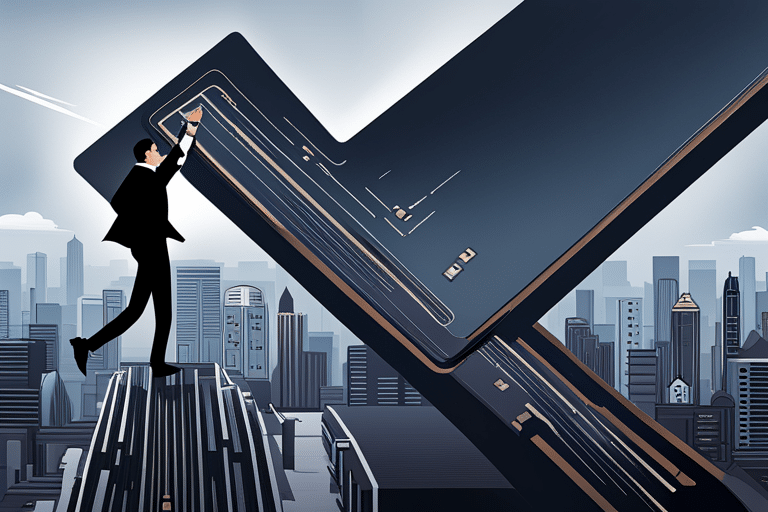Are you ready to take a journey into the depths of your credit card debt? Brace yourself, because we’re about to uncover the true cost of only making minimum payments.
It’s like diving into an abyss where interest rates lurk, waiting to devour your hard-earned money. But fear not! By understanding the power of compound interest and breaking free from the cycle, you can reclaim control over your financial future.
So grab your calculator and join us on this enlightening quest for debt mastery.
Key Takeaways
- Minimum payments on credit cards can lead to accumulating interest and result in overwhelming debt.
- Higher interest rates mean more money goes towards interest instead of paying off the principal, causing debt to grow over time.
- Compound interest can significantly impact your financial burden, leading to snowballing debt over time.
- Making only minimum payments can have negative credit implications and it is important to explore alternative payment options and debt reduction strategies.
The Problem With Minimum Payments
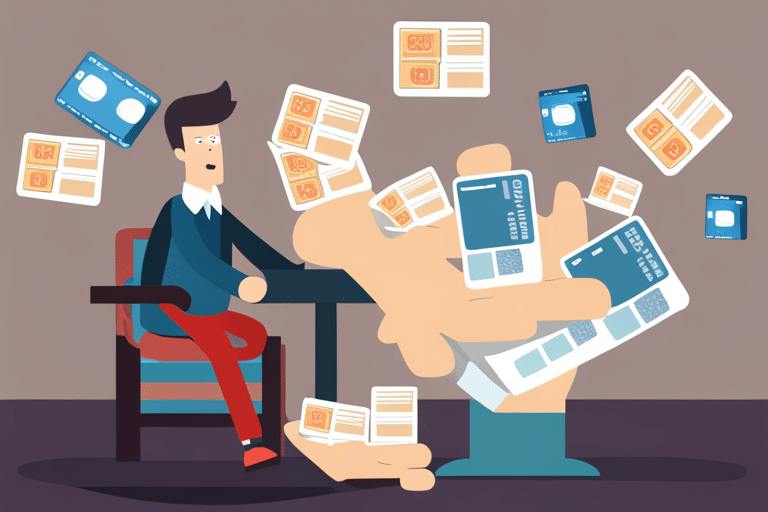
You’re probably wondering what’s so bad about making only minimum payments on your credit card. Well, let me tell you, my friend, it’s a slippery slope into the depths of debt.
It all starts innocently enough. You make the minimum payment and think to yourself, ‘I’ve got this under control.’ But little do you know that you’re underestimating the true cost of repayment. The minimum payment trap is cunning and deceptive. It lulls you into a false sense of security while quietly accumulating interest in the background.
Before you know it, that small balance has ballooned into a mountain of debt that seems impossible to climb. So buckle up, because we’re about to dive deep into understanding the interest rate and how it can wreak havoc on your finances.
Understanding the Interest Rate
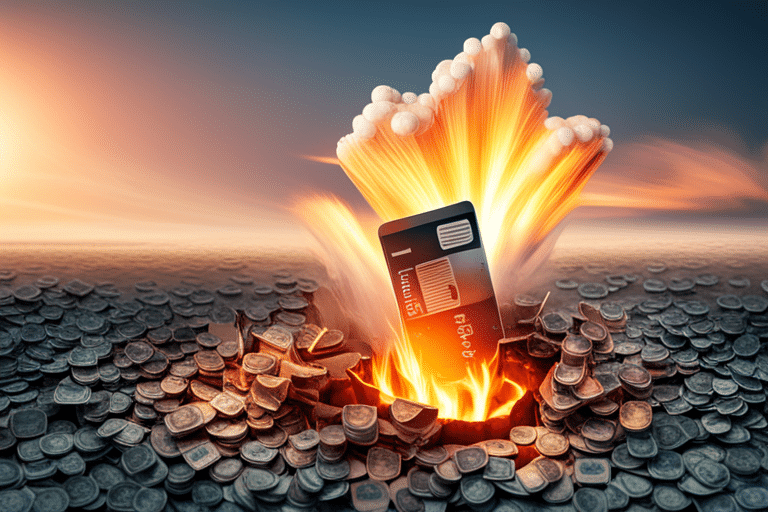
To fully grasp the impact, it’s important to understand the interest rate on your credit card. You know that little number they sneakily hide in the fine print? Yeah, that one. It can make a big difference in how much you end up paying. Let’s break it down for you:
- Understanding credit utilization:
- This is the ratio between your credit card balance and your credit limit.
- Keeping this ratio low shows lenders that you’re responsible.
-
High utilization can hurt your credit score and increase interest charges.
-
Impact of interest rate on minimum payments:
- A higher interest rate means more money going towards interest instead of paying off the principal.
- Minimum payments may barely cover the interest, causing your debt to grow over time.
- That cute dress you bought last year? Yeah, it might end up costing twice as much with all those added interest charges.
The Power of Compound Interest
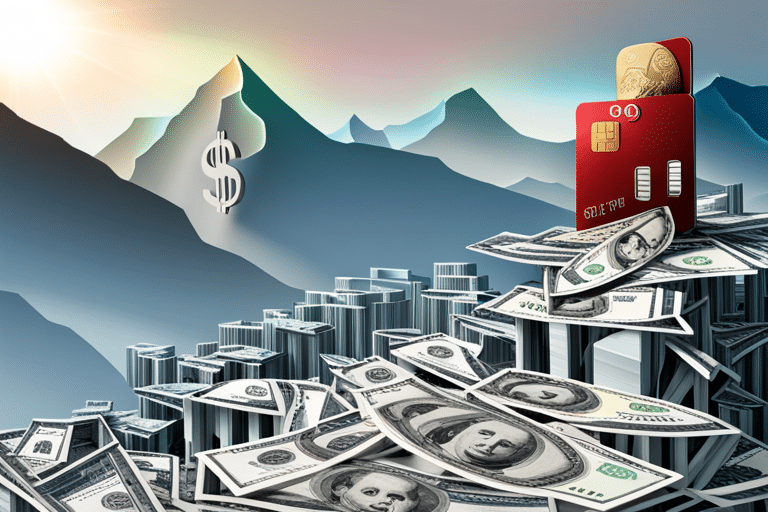
Hey there, money-savvy friend!
Now that you’ve wrapped your head around the sneaky ways credit cards can drain your wallet, let’s dive into a new topic: the power of compound interest.
Brace yourself for a wild ride through the treacherous world of snowballing debt over time, where every missed payment seems to add fuel to the fire.
We’ll also explore how this accelerating financial burden can lead to long-term interest accumulation that feels like an uphill battle with no end in sight.
Snowballing Debt Over Time
If you continue to make only the minimum payments on your credit card, your debt will gradually snowball over time. Picture yourself at the top of a snowy mountain, and your debt is like a giant snowball rolling down, getting bigger and bigger with each passing month.
It may seem harmless at first, just a small payment here and there, but before you know it, that tiny snowflake of debt has transformed into an avalanche of financial burden.
Here’s a visual representation of how the snowball method works:
- You make only the minimum payments on your credit card
- The interest keeps piling up
- Your balance increases month after month
It’s like trying to stop an avalanche with a toothpick. So why not take control and start chipping away at that debt?
In the next section, we’ll explore how this accelerating financial burden can impact your future.
Accelerating Financial Burden
The snowballing debt can quickly become an overwhelming burden on your finances. It’s like trying to roll a snowball down a hill and watching it grow bigger and faster with each rotation. Before you know it, that tiny debt you had is now an avalanche of bills piling up. And if that’s not bad enough, there’s another hidden trap waiting for you: accelerating interest. You see, when you only make minimum payments on your credit card, the interest keeps building up at an alarming rate. It’s like throwing gasoline on a fire – the flames just keep getting higher and higher. To help you visualize the true cost of this financial nightmare, take a look at this table:
| Month | Balance |
|---|---|
| 1 | $500 |
| 2 | $550 |
| 3 | $605 |
| 4 | $665 |
As you can see, even though you’re making those minimum payments each month, your balance continues to climb due to the mounting interest charges. It’s time to break free from the minimum payment trap before it engulfs your entire financial future!
Long-Term Interest Accumulation
To truly grasp the impact of long-term interest accumulation, imagine watching your debt grow month after month, steadily adding to your financial burden. It’s like a sneaky little creature that just won’t quit.
But how does it work exactly? Well, let me break it down for you in a way that even the most math-phobic person can understand.
Picture this:
- Compound interest vs simple interest:
- Simple interest is like a one-time fee. It’s straightforward and predictable.
- Compound interest, on the other hand, is like a snowball rolling down a hill. It starts small but gains momentum as it goes.
The impact of inflation:
– Inflation is like an invisible monster lurking in the shadows. It eats away at the value of your money over time.
– When you combine inflation with compound interest, it’s like adding fuel to the fire. Your debt grows faster than you can say ‘financial nightmare.’
The Long-Term Impact on Your Debt
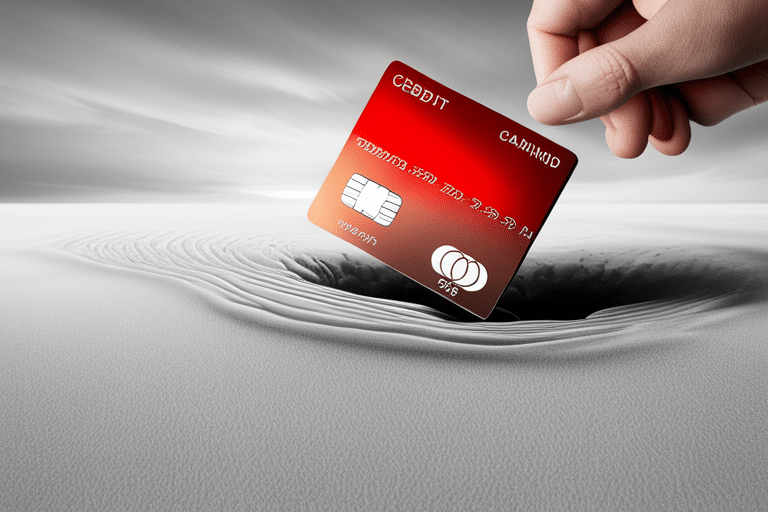
So you thought making minimum payments on your credit card was a harmless little game? Well, think again, my friend.
Brace yourself for the triple threat of increasing interest charges, prolonged debt repayment, and negative credit implications.
It’s like finding out your favorite ice cream is actually made of broccoli – shocking and devastating all at once.
Increasing Interest Charges
Paying only the minimum amount on your credit card will cause interest charges to increase. It’s like a never-ending cycle of debt that just keeps growing.
Here’s a visual representation of how this minimum payment trap can lead to an increasing debt burden:
- You make the minimum payment each month, thinking you’re doing the responsible thing.
- But what you don’t realize is that the remaining balance continues to accrue interest.
- And as time goes on, those interest charges start piling up, making it harder and harder to pay off your debt.
So, while it may seem tempting to just pay the minimum amount due, remember that it’s only prolonging your journey towards financial freedom.
In the next section, we’ll explore how this prolonged debt repayment can affect your overall financial well-being.
Prolonged Debt Repayment
Continuing to make only the minimum payment on your credit card can lead to a never-ending cycle of debt that keeps growing. It’s like trying to put out a fire with a squirt gun, my friend. Sure, you’re making progress, but at such a slow pace that it feels like you’re going nowhere fast.
And while you may be tempted to think that as long as you’re making some sort of payment, everything will be fine, let me burst your bubble. That mindset won’t get you far on the road to prosperity.
If you truly desire mastery over your finances and want to break free from this endless loop, it’s time for some serious debt reduction strategies. Think about it – wouldn’t it be amazing to have more money in your pocket instead of lining the pockets of the credit card companies?
Start by creating a budget and sticking to it religiously. Cut back on unnecessary expenses and find ways to generate extra income. Consider consolidating your debts or negotiating lower interest rates with your creditors.
Remember, my friend, getting out of debt requires discipline and determination. But with the right mindset and these debt reduction strategies in place, you’ll be well on your way to financial freedom and living life on your own terms.
Negative Credit Implications
Neglecting to address your debts can result in significant damage to your credit score and future financial opportunities. Trust me, you don’t want that kind of negative credit impact hanging over your head. It’s like having a dark cloud following you around, raining on all your hopes and dreams.
So, let’s break it down for you with a handy-dandy nested bullet point list:
- Making only minimum payments means you’re paying more in interest than actually chipping away at the principal amount.
- This leads to extended repayment periods that can feel like an eternity.
- And guess what? The longer it takes to pay off your debt, the more money you’ll end up shelling out in the long run.
See how those small minimum payments have long-term financial consequences? Don’t let them rain on your parade! Take control of your debts and watch your credit score soar high into the sunny sky.
How Minimum Payments Affect Your Credit Score
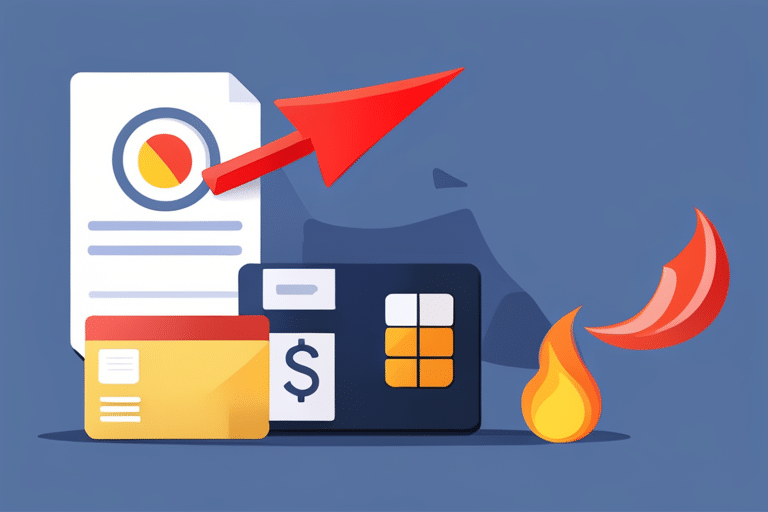
If you only make minimum payments on your credit card, it can negatively impact your credit score. And let’s be real here, nobody wants a sad credit score.
It’s like having a grumpy cat following you around everywhere, judging your every financial move.
Making just the minimum payment may seem like the easy way out, but trust me, it’s not worth it in the long run. Your creditworthiness is at stake here!
By only paying the minimum amount due each month, you’re prolonging the time it takes to pay off your debt and accumulating more interest along the way.
It’s like trying to fill up a leaky bucket with water – no matter how much you pour in, you’ll never be able to keep up.
Hidden Fees and Charges

Alright, buckle up and get ready to dive into the murky world of credit card fees. We’ve already discussed how making minimum payments can affect your credit score, but now it’s time to uncover the hidden charges that can sneak up on you like a ninja in the night.
So, let’s break it down with a handy-dandy bullet point list:
-
Annual Fees: Some credit cards charge an annual fee just for the privilege of using them. Sneaky, right?
-
Late Payment Fees: Oops, missed a payment? Prepare to be slapped with a hefty late payment fee faster than you can say ‘uh-oh.’
-
Balance Transfer Fees: Want to transfer your balance to another card? Well, guess what? It usually comes with its own little fee as well.
And there you have it – a not-so-friendly reminder that credit card fees are lurking around every corner. But wait, there’s more! Up next, we’ll discuss how all these hidden charges can lead to escalating debt and financial stress. Stay tuned!
Transition: Now that we know about those pesky hidden charges and fees, let’s explore how they can contribute to escalating debt and financial stress.
Escalating Debt and Financial Stress

Now that we’re aware of those sneaky hidden charges, let’s explore how they can contribute to escalating debt and financial stress.
Picture this: you swipe your credit card without a care in the world, thinking you’ll only have to make small minimum payments each month. But little did you know, those tiny minimum payments are like feeding a hungry monster that keeps growing bigger and scarier with each passing day.
Before you know it, your debt has snowballed into an escalating debt crisis. The mental health impact of such a situation cannot be underestimated either. The constant worry about money, the sleepless nights spent tossing and turning, it all takes a toll on your well-being.
Breaking the Cycle: Strategies for Paying Off Debt

To break the cycle of escalating debt and financial stress, you should consider implementing effective strategies for paying off your debts. It’s time to take charge of your finances and pave the way for financial independence! Here are three simple yet powerful strategies that can help you on your journey:
-
Create a budget and stick to it: Break out those Excel spreadsheets, grab a cup of coffee, and get ready to crunch some numbers. By creating a budget, you’ll have a clear understanding of where your money is going each month. Remember, knowledge is power!
-
Prioritize your debts: Take a hard look at all your outstanding debts and prioritize them based on interest rates or amounts owed. Start by paying off the high-interest debts first while making minimum payments on others.
-
Cut back on unnecessary expenses: Do you really need that daily latte from the fancy coffee shop? Making small sacrifices like cutting back on dining out or canceling unused subscriptions can add up over time and free up extra cash.
The Benefits of Increasing Your Payments
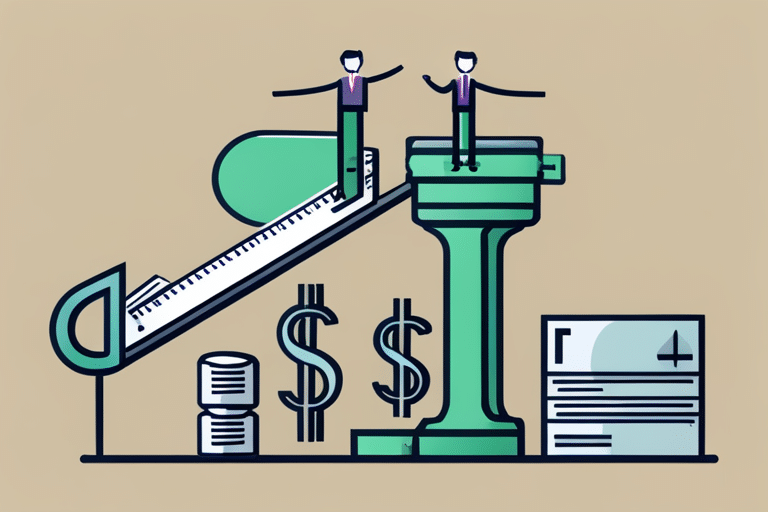
By increasing your payments, you’ll be able to accelerate the debt payoff process and save money on interest in the long run. It may seem daunting at first, but trust me, it’s worth it. Let’s break it down with a handy table:
| Current Payment | New Payment |
|---|---|
| $100 | $150 |
| $200 | $250 |
| $300 | $350 |
| $400 | $450 |
See? Just by adding a little extra each month, you can make a big difference. Not only will you pay off your debt faster, but you’ll also save on those pesky interest charges. Think of all the things you could do with that extra money once your debt is gone! So, don’t be afraid to budget for increased payments. It’s an investment in your financial future and a step towards mastery over your finances.
Exploring Alternative Payment Options
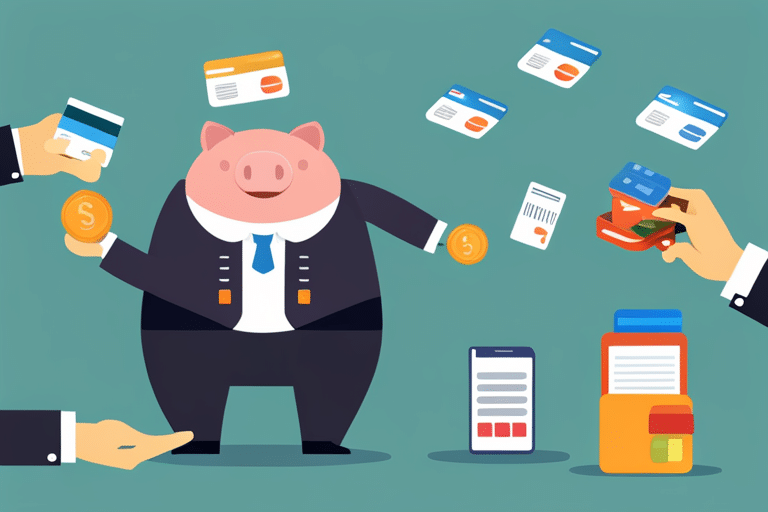
Hey there, debt conqueror!
Ready to dive into some alternative payment options? Let’s talk about how you can pay off that pesky debt faster and consolidate those credit card balances.
We’ve got some nifty strategies up our sleeves that will have you feeling like a financial superhero in no time.
Paying off Debt Faster
If you want to pay off debt faster, you should consider increasing your monthly payments. It may sound simple, but trust me, it’s a game-changer.
Here are some nifty strategies to help you accelerate your payoff and kiss that debt goodbye sooner than later:
-
Snowball Method: Start by paying off the smallest debts first and then move on to the larger ones. This way, you’ll gain momentum and motivation along the way.
-
Avalanche Method: Focus on tackling high-interest debts first. By eliminating those pesky interest charges, you’ll save money in the long run.
-
Cut Back & Save: Evaluate your expenses and find areas where you can cut back. Maybe it’s skipping that daily latte or canceling unused subscriptions. Every dollar saved can go towards paying down your debt.
Consolidating Credit Card Balances
To simplify things and potentially reduce your interest rates, consider consolidating your credit card balances into one loan. Not only does this make managing your debt easier, but it can also have a positive impact on your credit score. By consolidating, you’re showing creditors that you’re taking control of your financial situation and actively working towards paying off your debt.
Here’s a handy table to help you understand the consolidation options available:
| Consolidation Option | Interest Rate | Impact on Credit Score |
|---|---|---|
| Personal Loan | Lower | Positive |
| Balance Transfer | Introductory 0% APR, then higher | Neutral |
| Home Equity Loan | Lower | Positive |
| Debt Management Plan | Lower | Neutral |
Remember that while consolidation can lower interest rates and simplify payments, it’s important to choose the option that best fits your financial goals. Now let’s dive into taking control of your financial future!
Taking Control of Your Financial Future

Taking control of your financial future starts with making a plan to pay off credit card debt. It’s time to show those sneaky interest rates who’s boss! Here are some steps to get you started on the path to financial freedom:
- Building a solid emergency fund:
- Save up three to six months’ worth of expenses in case of unexpected emergencies.
-
Keep this fund separate from your everyday spending to avoid temptation.
-
Creating a budget and sticking to it:
- Track your income and expenses, and allocate money towards paying off your credit card debt each month.
-
Cut back on unnecessary expenses like daily coffee runs or impulse shopping.
-
Exploring additional sources of income:
- Consider taking on a side hustle or freelance work to increase your cash flow and accelerate debt repayment.
Frequently Asked Questions
What Is the Minimum Payment Requirement for Credit Cards?
You’re curious about the minimum payment requirement for credit cards. Well, let me tell you, it’s not as innocent as it seems. Making only the minimum payments can have a sneaky way of inflating your balance over time. Trust me, you don’t want to fall into that trap!
How Often Are Interest Rates on Credit Cards Adjusted?
You might think credit card interest rates are set in stone, but oh boy, they can change! Don’t fall for the common misconception that they stay the same forever. Stay vigilant and keep an eye out for those adjustments!
Are There Any Penalties for Making Only Minimum Payments?
If you’re only making minimum payments, the consequences can be severe. Interest keeps piling up, leading to a never-ending cycle of debt. Don’t let those penalties ruin your financial future! Take control and pay more than the minimum.
Can Making Minimum Payments on a Credit Card Affect Future Credit Card Applications?
Making only minimum payments on your credit card may seem like a small issue, but it can have a big impact on your future credit card applications. Your credit score and long-term financial consequences will not be pleased.
Are There Any Strategies to Prioritize Credit Card Debt Repayment Over Other Types of Debt?
To prioritize credit card debt repayment over other types of debt, you can use strategies like creating a budget, cutting expenses, and making extra payments whenever possible. This will help you pay off your credit card faster and improve your credit score.
Conclusion
Congratulations! You’ve reached the end of this eye-opening journey into the true cost of only making minimum payments on your credit card.
Now that you understand the power of compound interest and how it can sneakily inflate your debt, it’s time to take control.
Don’t let those pesky interest charges chip away at your hard-earned money like a mischievous squirrel stealing acorns from your backyard.
Instead, explore strategies for paying off debt, increase your payments, and consider alternative options.
By doing so, you’ll be well on your way to creating a bright financial future for yourself.
So go forth and conquer those credit card balances like a superhero with a cape made out of dollar bills!

